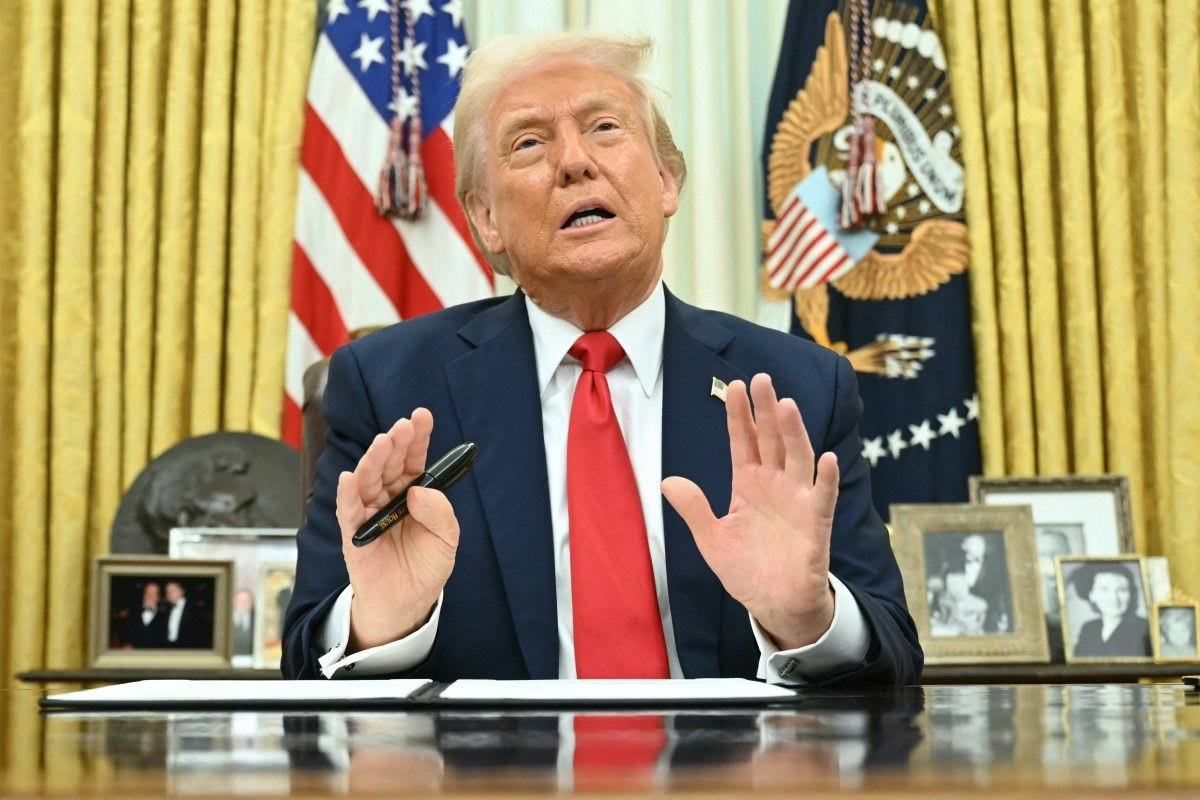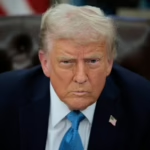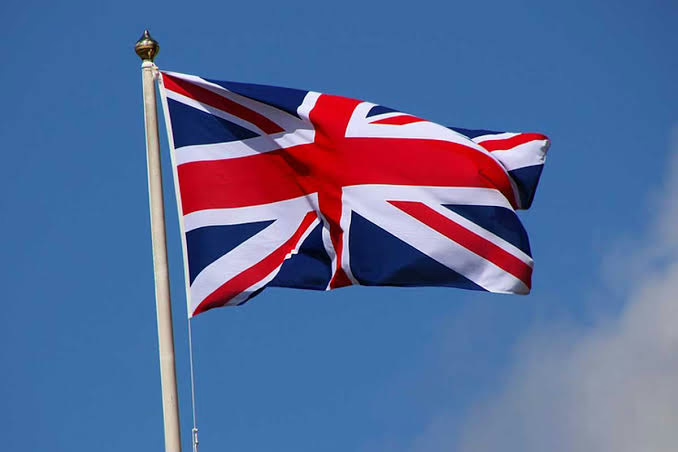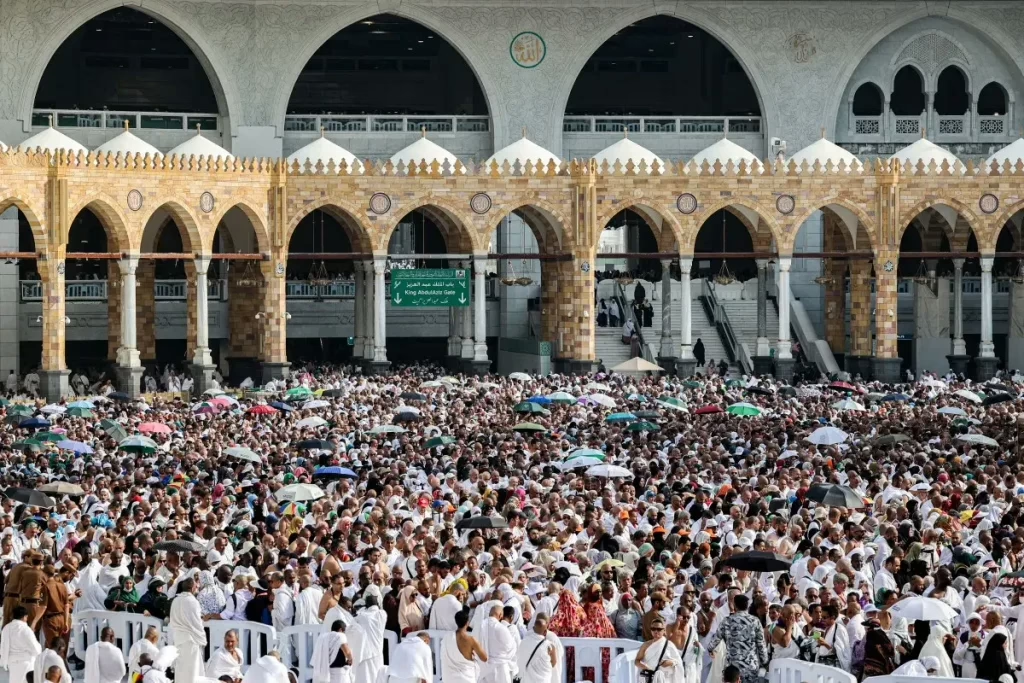U.S. President Donald Trump has announced that exports from Nigeria to the United States will now face a 14% tariff.
This decision was unveiled during a ‘Make America Wealthy Again’ event in the Rose Garden on Wednesday and is part of a broader strategy aimed at rebalancing global trade and addressing perceived unfair trade practices.
The introduction of the 14% tariff marks a significant shift in U.S.-Nigeria trade relations, with the American government citing an ongoing trade imbalance as a primary concern.
According to the Trump administration, Nigeria currently imposes a 27% tariff on U.S. exports, a disparity that the U.S. claims has historically been detrimental to American businesses and consumers. In response, the U.S. has implemented this new tariff on Nigerian exports to rectify what they describe as an inequitable trade arrangement.
In his address, Trump framed the tariff as part of a larger initiative to protect American industries and ensure that foreign nations adhere to what he termed “fair” trade rules.
“This is one of the most important days in American history,” Trump stated. “We will supercharge our domestic industrial base. We will pry open foreign markets and dismantle foreign trade barriers, ultimately leading to increased production at home, stronger competition, and lower prices for consumers.
“This will indeed be the golden age of Americans coming back. We’re going to make a strong comeback.”
In addition to the 14% tariff on Nigerian exports, President Trump also introduced a broader trade policy that includes a baseline 10% tariff on all U.S. imports. These new tariffs, which take immediate effect, will apply to over 50 countries, including major trade partners such as China, the European Union, India, and Japan, as well as developing economies in Asia, Africa, and Latin America.
According to the Punch newspaper, this new policy represents a dramatic shift in global trade and economic policy, causing market turbulence and raising fears of a potential global trade war.
Aside from Nigeria, several other African countries will also feel the impact of the new policy, including Algeria (30%); Lesotho (50%); Mauritius (40%); Kenya (10%); Namibia (21%); Ethiopia; and Ghana (10% each). South Africa has received a reciprocal tariff of 30%.











Leave a Reply